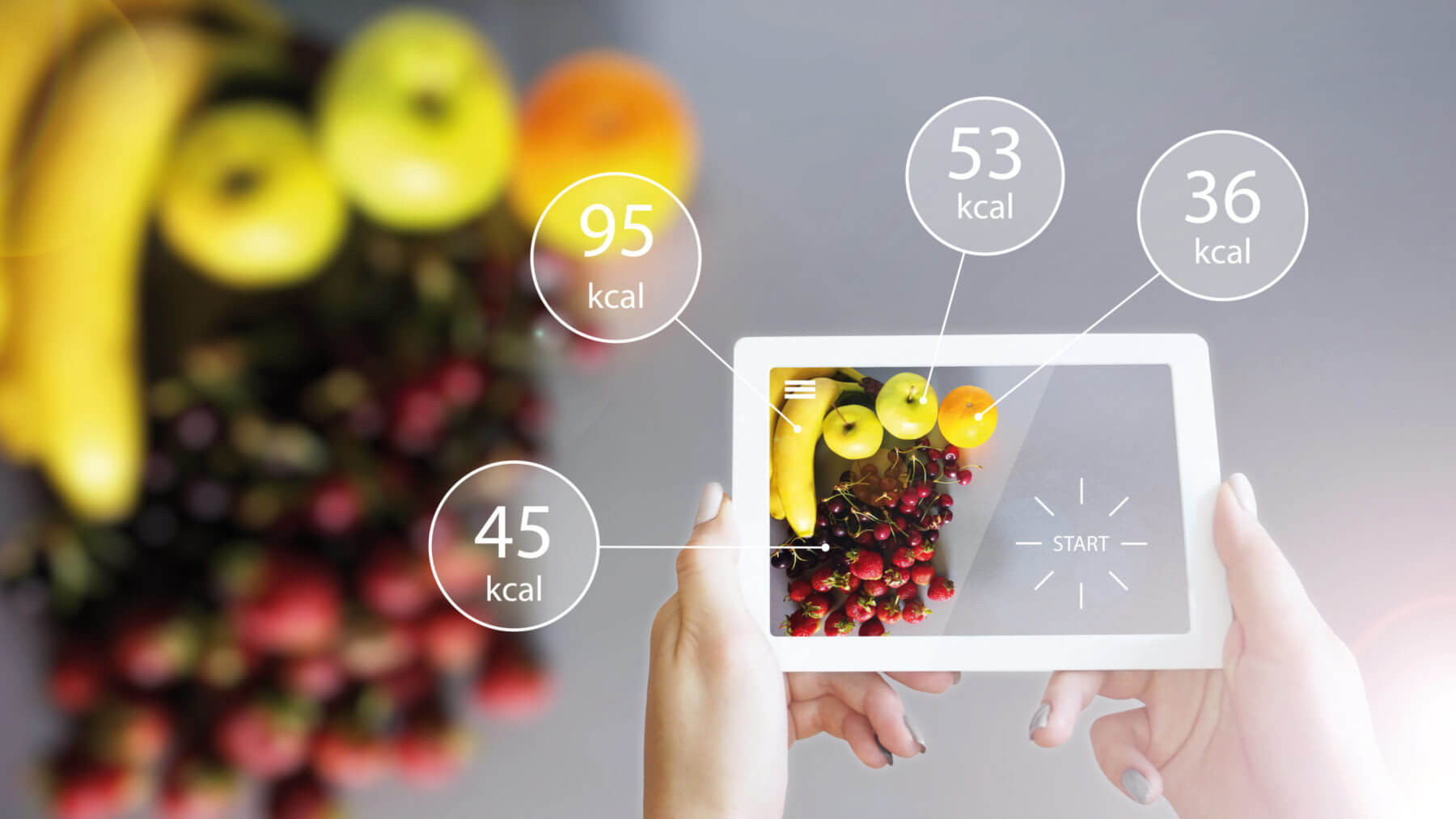EIT Food SMARTLIST
Towards a smarter shopping list

Context
One of the main daily challenges faced by families with small children is to purchase foods that meet their children´s nutritional needs and preferences. To address this challenge, parents must understand their children’s nutritional needs and identify those products that fit their requirements.
One way of supporting families in making adequate food choices is to examine their dietary habits. However, due to the high social-desirability of health-impacting behaviours, the assessment of dietary habits from self-reported data is problematic. One way to overcome this limitation, is to monitor the purchases of food items and products through objective approaches. Loyalty cards, for instance, are a reliable and cost-effective source from which nutritional habits may be extracted. In addition, machine learning techniques, such as image and text recognition may offer additional ways to extract relevant information about dietary habits from sales checks and meal images.
Objective
The aim of the project will be to develop an interactive platorm for families with children from different countries where they will have the opportunity to receive information and advice about how to improve their food habits and choices . The platorm will also give users the ability to interact with the online-content, receive expert-based recommendations and access educational resources about food and nutrition in order it enhance their food literacy.
The present platorm will also be of interest for stakeholders from the food sector (i.e. food retailers), as it will offer tools to gain relevant insights into consumer behaviour and preferences. The platorm will allow data collection and analysis for the development of predictive models that facilitate decision making, encourage healthy life-styles, quantify consumer trust, and help to focus education campaigns towards healthy food choices.
Expected Impact
The impact of this project goes far beyond the scope of the current project. Indeed, obesity and food related chronic diseases are two of the main risk factors contributing to major European health challenges. These risk factors can be impacted during the childhood when the basis for lifelong food habits are formed.
Improving the nutritional behavior among families holds the promise to directly impact the health of future generations by promoting healthier food habits. This is also likely to have a significant economic impact.
Another important outcome of the present project is the possibility to convert the knowledge obtained about the dietary habits of families with children into novel products. Thus, the present project may implicate industrial stakeholders from the food sector into the development of novel products that are specifically designed to the needs and requirements of families with children.
| Partners |
AZTI, Grupo AN, University of Helsinki, University of Turin, CLC South, Partner tbd, AI Talentum |
| Funding |
UE – EIT Food – Communication Area |
| Length |
January 2020 – December 2020 |








